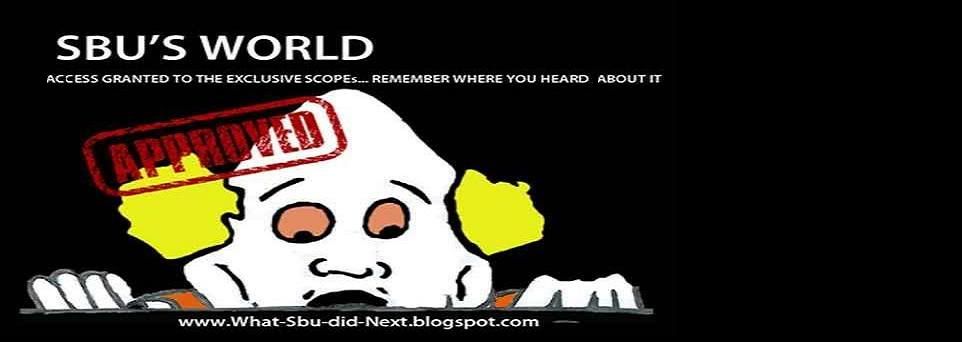Take a look at South Africa’s television broadcasting landscape and it’s not the prettiest thing to behold. Let’s review the situation: a pay-TV operator so untouchably powerful that many believe it is stunting the growth of competitors; a public broadcaster that has deteriorated into something of a bad joke in terms of local content, financial and management issues; a fairly recent satellite pay-TV operator who is grappling to live up to its very promising start; and lastly, perhaps the most normal of all, a functional commercial free-to-air broadcaster.
But wait… there’s more! Let’s recap: a digital migration project so massively delayed that several other African countries have overtaken us in migrating to digital terrestrial television (DTT) with the result that South Africa stands in serious danger of not making the International Telecommunications Union’s (ITU’s) deadline for Africa’s analogue switch-off (ie. June 2015); a sudden frantic attempt by government to catch up, announcing a DTT launch date for the roll out to commence in late September in a remote area of the Northern Cape, even before the DTT regulations have been finalised and before any set-top boxes (STBs) have been manufactured (and before the DTT STB tender has even been awarded in fact); a public who doesn’t know what the @#$% DTT is; a brief flurry of newspaper ads proclaiming that high definition television is coming to South Africa misleadingly suggesting that each and every digital channel will be high definition; and then there are the untold millions spent by the broadcasters trialing the DTT signal for many more years than they should have had to.
I’ve recently spoken to two broadcast engineers who seriously doubt whether DTT will ever happen in South Africa, one even going so far as saying that DTT will end up being one of the biggest failures in national history. One can only hope and pray that this won’t be the case.
But wait… there’s more! Let’s consider the following: last week’s public hearings on the draft DTT regulations held by the Independent Communications Authority of South Africa (ICASA) resulted in a stampede of presentations by the incumbent broadcasters understandably trying to protect their own positions, as well as some would-be broadcasters who apparently thought the hearings were licence application hearings.
ICASA’s draft DTT regulations encourage the entry of new players in the dual illumination period (ie. when both analogue and digital signals are broadcast until the completion of digital migration), which would put added pressure on the incumbent broadcasters who will in any case be coughing up huge extra amounts of money broadcasting their signals in both analogue and digital formats. But then, on the other hand, if ICASA listens to the incumbents and digital migration takes as long as its preparation (ie. the DTT project has been on the government’s agenda since 2005), that means that we wouldn’t see any new broadcasters in one heck of a long time.
- screenafrica


No comments:
Post a Comment